I was 16-18 in the years 1994-96, and was before then a staunch metaller listening solely to thrash metal and Nirvana after renouncing chart music at the turn of the decade.
That all changed when I heard the first 30 seconds of Oasis' Definitely Maybe in '94 - Rock & Roll Star's guitar squall crashing in through the speakers of my brother's bedroom stereo. It was the moment I first saw the bridge between metal and 'indie', which until then had just sounded lightweight and twee in comparison.
It snowballed from there: they led to the Stone Roses (in reverse - 94's Second Coming first; earlier period after they split in 96). Meanwhile a couple of schoolmates had been tubthumping Parklife and Supergrass' I Should Coco so much that I listened to them properly one weekend, which was like two jigsaw pieces slotting into place - their spirited eccentricities outshining the more morbid stuff I'd been caning.
And for some reason Space and Shed 7 often get referenced, as putative practitioners of the 'worst' of Britpop, and that's where their argument falls apart in my eyes, because in the last four months I've seen both bands live on reviewing duties, and at both gigs - the Sheds' was packed, Space's not so much - they delivered with precision and passion the same abundance of tracks that managed to claw their way into mid-90s Top 10s, and across even the Atlantic into Hollywood movie soundtracks (1996's Female of the Species).
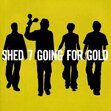
Even Oasis were a bit artier than people remember. Definitely Maybe's cover inspiration was Flemish Renaissance paintings believe it or not, a narrative behind the room and objects like in Jan van Eyck's Arnolfini Wedding. The Gallaghers certainly weren't as 'dumb' as so many see them - well, Noel wasn't at least. He saw what British music was lacking in the grungey early 90s and delivered it draped in a Union Jack, his interviews witty and candid. Even Liam was funny when he wanted to be. Their biggest mistake was dragging it all on as long as they did - it was fitting that Blur headlined Glastonbury the year they finally split.
I'm not saying the death of Britpop precipitated it all - the download age and its consequences would've arrived either way - rather that it was the charts' final hurrah, when there were decent bands on TOTP pretty much every week.
All I will say to conclude is that in today's changed musical landscape, which is unlikely ever to yield another Britpop era, another 20 years from now people will still be listening to it, to Blur, Pulp and (early) Oasis, not the X Factor karaoke crew, and probably not One Direction. No matter what Robbie & co keep spouting, I strongly believe that the UK pop charts have never had it as good since that short pre-millennium period, bookended by Chris Evans' grinning mug at Friday teatime, to the tune of the Riverboat Song.
link: My Britpop-movie mashups
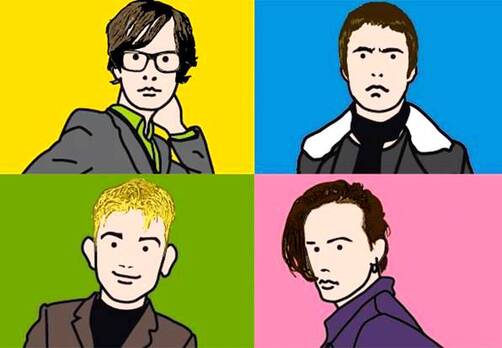
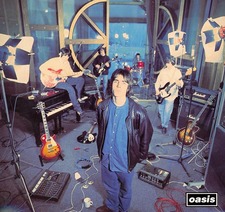
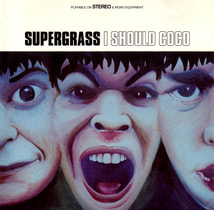
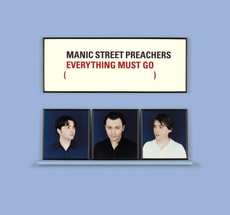
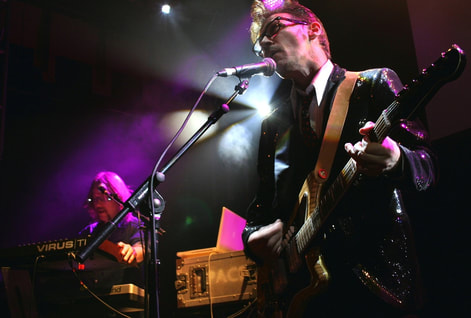
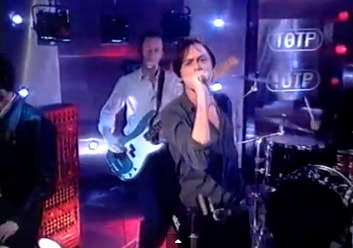
 RSS Feed
RSS Feed